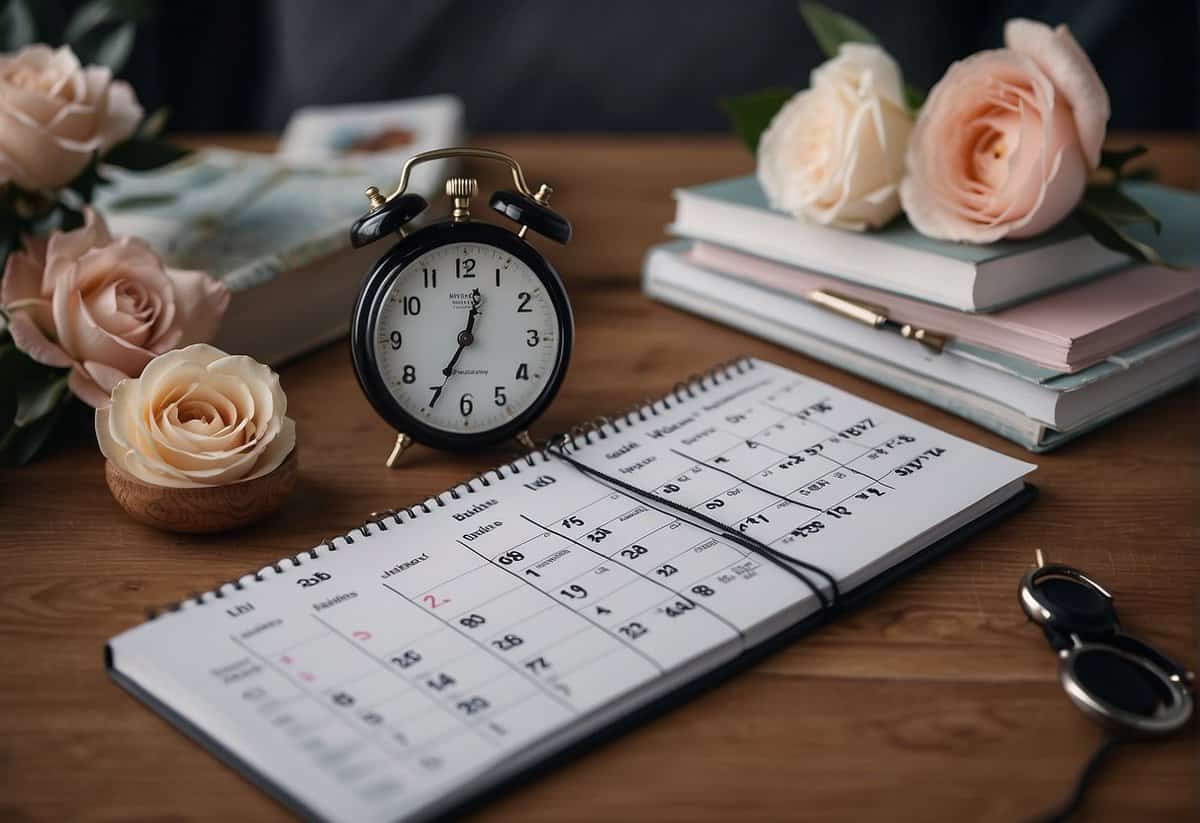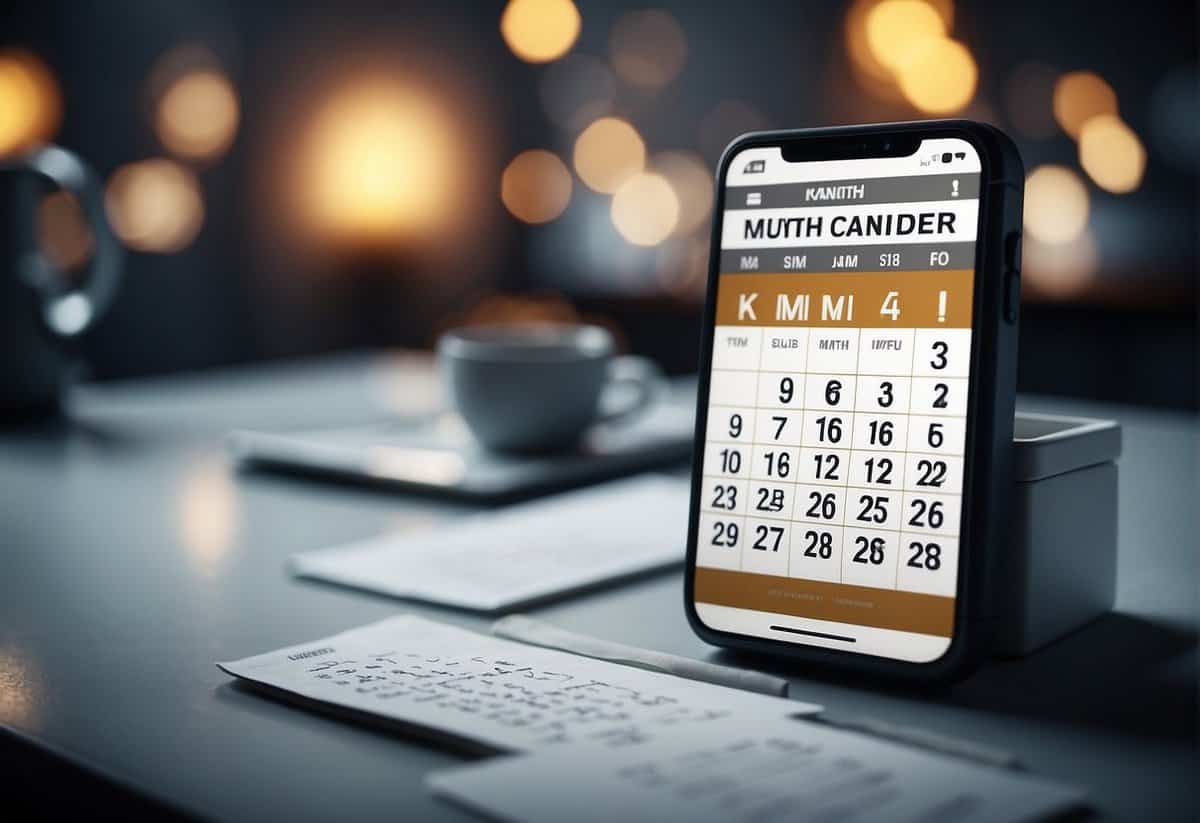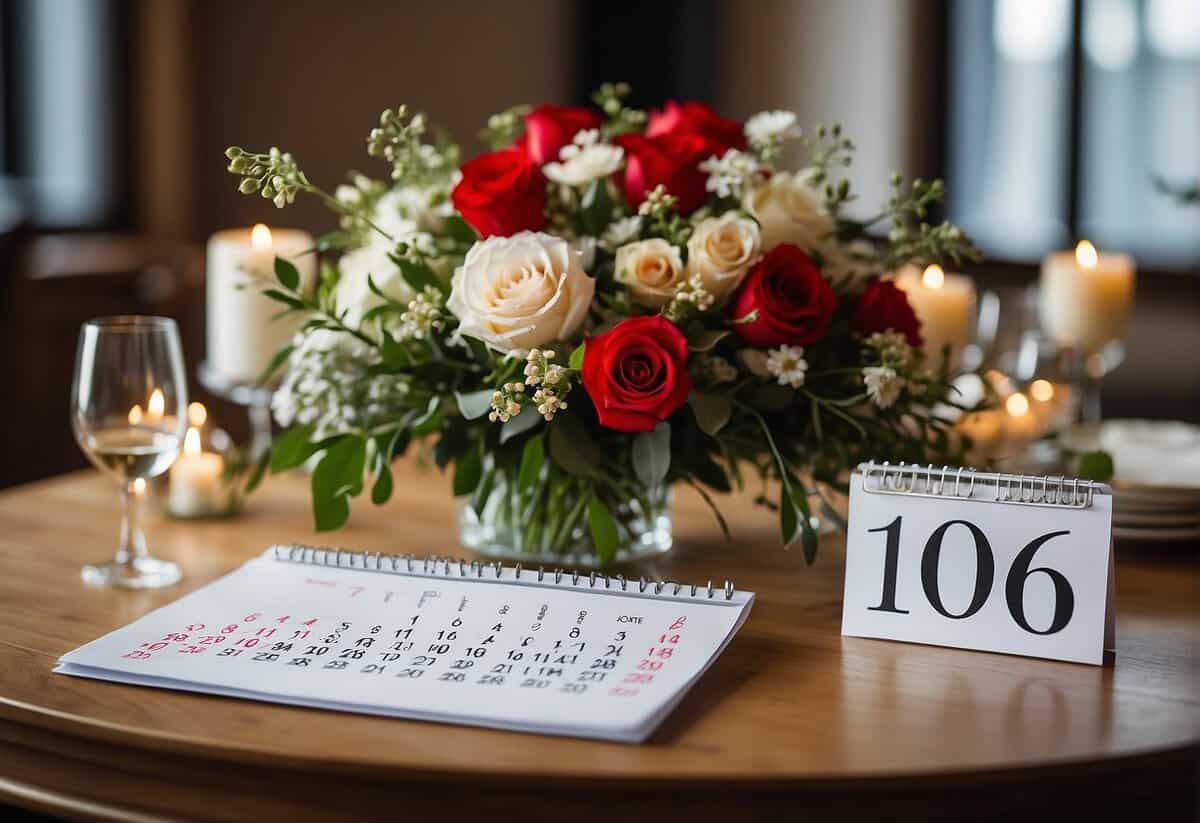Is 6 Months a Short Engagement? Understanding the Timelines of Love
Engagements are a special and unique time for couples, and the length of this period can vary widely. While the common perception is that engagements should last about a year to plan the perfect wedding, there’s growing interest in shortening this timeframe. A six-month engagement may seem brief, yet it’s quite feasible to organize a memorable and personalized wedding within this period. In fact, planning your wedding in six months or less can be beneficial in many ways, allowing for a more streamlined process and potentially even reducing the time you might spend worrying over details.

There’s a certain charm to the immediacy of a short engagement. It asks for a focus on what truly matters for your big day—celebrating your love and starting a life together. Whether due to personal preference, scheduling necessities, or other life events, a six-month timeline pushes you to make decisions efficiently and trust your instincts. Plus, with less time to second-guess your choices, the planning process can even become more straightforward and enjoyable.
Key Takeaways
- A six-month engagement is sufficient to plan a meaningful and well-organized wedding.
- Prioritizing essential tasks and making timely decisions are key during a shorter planning period.
- Embracing flexibility and efficiency can lead to a less stressful and more enjoyable engagement.
Setting the Wedding Date and Timeline

When planning a wedding in just six months, it’s crucial to set a wedding date early and adhere to a concise wedding planning timeline. This allows you to prioritize tasks and remain flexible throughout your wedding preparations.
Choosing Your Date
Selecting your wedding date is a pivotal first step. Consider seasonality, work schedules, and any significant events that might affect your guest’s ability to attend. If you’re open to weekdays or less popular seasons, you’ll find more available venues and potentially lower costs.
Wedding Planning Timeline
A six-month wedding planning checklist will be your best friend. Here’s a simplified version to keep you on track:
6 Months Out:
- Book your wedding venue. Start with this compelling list of venues.
- Set a budget.
- Compile a guest list.
4 to 5 Months Out:
- Select vendors (caterer, photographer, DJ).
- Choose a wedding dress and attire.
2 to 3 Months Out:
- Send out invitations. Aim to do this no later than the 8-week mark.
- Finalize details with vendors.
1 Month Out:
- Confirm RSVPs and finalize the seating chart.
- Apply for a marriage license.
Remember to prioritize the most critical tasks and stay flexible with others. With a clear timeline and decisive action, you can plan your dream wedding in just six months.
Booking Essential Services and Vendors

When planning a wedding in a shortened timeframe like six months, securing your essential services and vendors early on is crucial. With a condensed schedule, you’ll need to be decisive and prioritizes immediate booking to ensure the availability of your top choices for these key components of your special day.
Venue and Catering
Choosing the perfect wedding venue is the cornerstone of your wedding planning process. Venues can book up fast, particularly popular ones, so it’s important to act quickly. Once you’ve found a place that matches your vision and budget, the next critical step is ensuring they can cater to your event or if you need to hire an external caterer.
Photography and Videography
Your photographer and videographer capture memories that will last a lifetime. With only half a year to plan, you’ll want to book these professionals as soon as your date is set. Look for a photography and videography team that shares your style and has experience documenting weddings in a way that resonates with you.
Music and Entertainment
Whether you’re dreaming of a live band that keeps your guests on the dance floor or a DJ with a knack for creating the perfect mood, booking your music and entertainment should happen shortly after securing your venue. These entertainers often book several months in advance, so don’t delay in making a choice that fits your atmosphere and budget.
Florists and Decor
Beautiful floral arrangements and well-thought-out decor can transform any space into an enchanting setting for your wedding day. When it comes to florists and decor, you’ll find a range of vendors who can provide the visuals you’re envisioning. Be sure to lock in these vendors quickly to personalize your reception venue and create the ambiance you desire.
Personalizing Your Wedding

When planning your wedding in a condensed timeframe, focusing on the details that reflect your personal style is key. These elements are what make your special day uniquely yours, even with a six-month engagement.
Attire and Rings
Selecting a dress that resonates with your personality does not need to be a long process. Many bridal shops have options for shorter lead times or off-the-rack purchases. For wedding bands, consider jewelers who offer fast customization to ensure your rings are a reflection of your bond.
- Dress: Choose a style that feels authentically you, whether it’s traditional or modern.
- Wedding Bands: Look for jewelers who specialize in quick customizations.
Invitations and Registry
Your invitations set the tone for your wedding, so opt for a design that encapsulates your theme and the ambiance you want to create. A wedding registry is a practical way to guide your guests towards gifts that you’ll cherish and use.
- Invitations: Align your invitations with the wedding’s theme and consider digital options for speed.
- Registry: Create your registry online for ease of update and access, guiding guests with your preferences.
Beauty Appointments and Rehearsals
Schedule a hair and makeup trial to ensure you’re satisfied with your look before the big day. This is the time to communicate your vision to your makeup artist and hair stylist. The rehearsal is essential to make sure everything flows smoothly, including the execution of escort cards.
- Hair and Makeup Trial: Confirm appointments early, and communicate your desires clearly.
- Rehearsals: Fine-tune the ceremony details, from processional to escort card placement.
Final Preparations and the Big Day

In the home stretch towards your wedding day, every minute counts. You’re about to embark on one of the most memorable journeys of your life, and it’s crucial to tie up any loose ends. The transition from planning to celebrating should be seamless, ensuring that both you and your guests experience nothing but joy on the big day.
Last-Minute Details
Before the wedding day unfolds, make sure all your last-minute details are in check. Confirm the transportation arrangements to ensure that everyone in the wedding party knows where they need to be and when. Organize wedding favors and place them with name cards according to the seating chart to avoid any confusion.
- Marriage License: Ensure that this crucial document is safely in hand or with a trusted member of your wedding party.
- Rehearsal Dinner: Use this pre-wedding event to run through the ceremony with your officiant and to relay any sensitive instructions about the wedding day.
- Wedding Day Timeline: Create a finalized version of the day’s schedule and distribute copies to your vendors and wedding party.
Items to confirm with vendors:
- Venue
- Catering
- Photography/Videography
- Music/DJ
- Wedding Cake Pickup/Delivery
- Florist
Remember to delegate tasks; you can’t do everything alone. Assign responsibilities to family members or the bridal party to help manage the load. Keep personal items, like a change of clothes or emergency kit, in a dedicated car or room.
Ceremony and Reception
Your ceremony and reception are the culmination of all your efforts. To reduce stress, have your wedding day timeline clearly dictating what happens when and where. Check in with your officiant to confirm any last-minute details and make sure your vows are ready to be spoken.
- Ceremony: Check the setup early, and ensure the officiant, wedding party, and musicians are all aware of their cues.
- Reception: Confirm that the venue has set up everything according to your plan, from table arrangements to the dance floor.
Here’s a brief checklist:
- Walkthrough the venue to ensure everything is set up.
- Check sound systems for both the ceremony and reception.
- Go over any special announcements with the DJ/MC.
Finally, take a moment to breathe. This day is about celebrating your union, so immerse yourself in the joy and excitement. After the celebrations, you can look forward to beginning your honeymoon and the rest of your lives together.
Frequently Asked Questions

This section aims to answer your queries around the duration of engagements, the associated benefits, and how such decisions may affect your wedding planning.
What are the pros and cons of a short engagement period?
Pros of a short engagement include the ability to ride the momentum of your decision to marry, often leading to a more expedited and perhaps even cost-effective planning process. On the flip side, you may face restrictions in venue and vendor choices due to limited availability.
How does the length of engagement impact wedding planning?
The length of your engagement can significantly dictate the pace and stress level of your wedding planning. A shorter engagement period might push you to make decisions quickly, while a longer time frame allows for more flexibility in decision-making and saving money.
What are the benefits of having a long engagement?
Long engagements offer the luxury of time, which can be particularly helpful for securing your desired venue or vendors. They also provide more opportunity for DIY projects and can result in potential cost savings due to the ability to book in advance.
What factors should be considered when deciding the length of your engagement?
When deciding on the length of your engagement, consider factors such as your ideal wedding size, if there are any significant family or work commitments, financial planning, and whether you prefer a traditional or more contemporary timeline.
How have engagement lengths varied historically?
Traditionally, engagements were longer, often a year or more, to allow for preparation and align with social norms. However, modern couples may choose a timeline that reflects their personal preferences and lifestyle.
What is generally considered the average duration of an engagement today?
Although there is significant variation, the average duration of an engagement today tends to be around 13 to 18 months. This is considered enough time for most couples to plan and save up for their wedding without feeling rushed.


